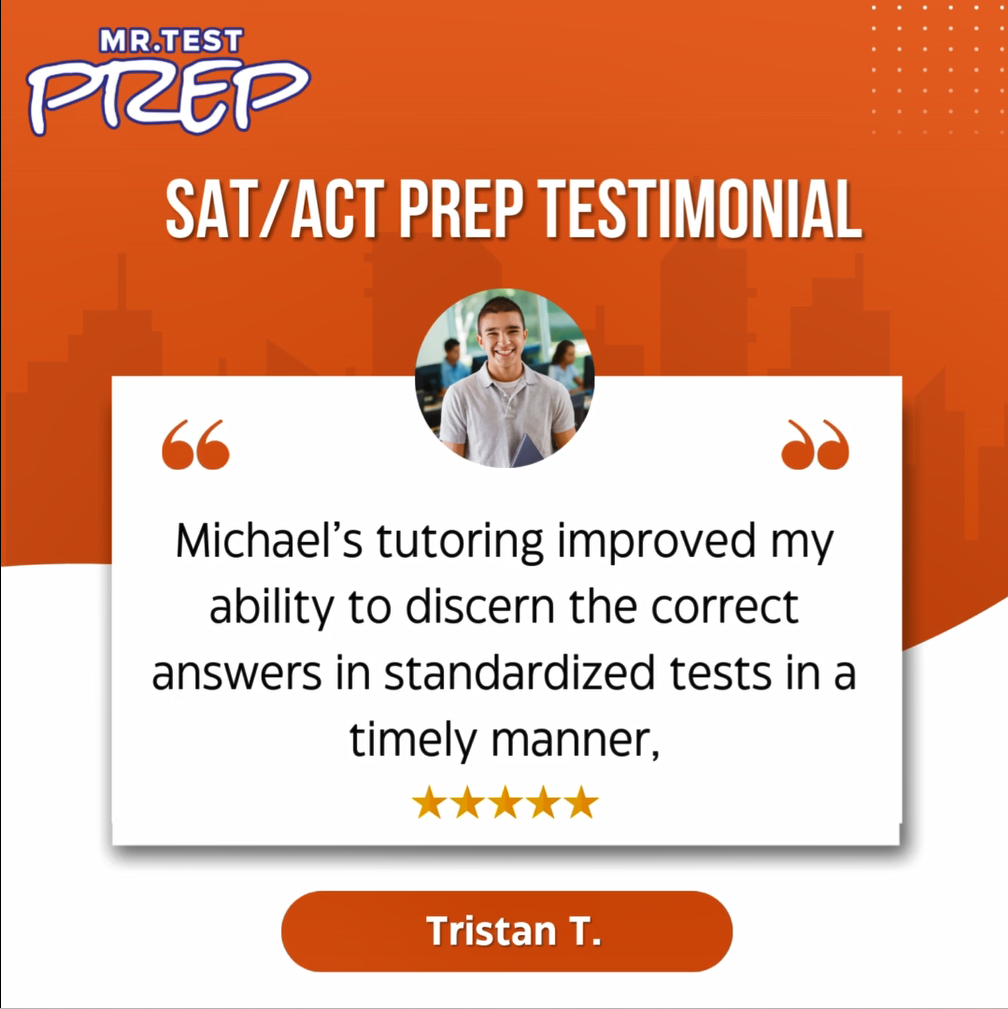Test anxiety can plague any student. During an exam the anxiety takes over and clouds your thinking. You cannot focus on the questions and you cannot gather your thoughts to produce the correct answers. Some students experience test anxiety only in specific situations such as timed tests, while others experience test anxiety in any testing environment. There are ways that mild test anxiety can be overcome with simple tools. However, severe test anxiety may need special testing accommodations, or professional help. Ask these questions to determine whether or not you have test anxiety, and how you should manage it.
- Does your heart rate increase, palms sweat, or do you experience other physical indications of stress?
- Do you have trouble focusing? Can you read through an entire question and the answer choices without getting distracted?
- Do you move through the test slower than you typically move through homework or practice exams?
- Do you perform well on practice tests taken at home, but can’t match that performance in the real situation?
If you answered yes to any of those questions, you may be impacted by mild test anxiety. If you answered yes to all of those questions, you may be experiencing more severe test anxiety.
Use Your Resources
When you think that test anxiety is affecting your test performance, you should talk with your school counselor. Your counselor will help you determine how severe your test anxiety is. They can refer you to professional help, and they may be able to develop testing accommodations that can relieve some of your symptoms.
Tools to Relieve Mild Anxiety
If mild test anxiety makes you uncomfortable during testing, try tools like deep breathing, positive self talk, and visualization. These tools can help you redirect your focus back to the test. They can help you calm down and keep you from becoming too distracted to perform well.
Address the Problem
Don’t let test anxiety get in the way of performing well on exams. You can practice tools that work to relieve stress and anxiety and help your brain stay focused on the task at hand. You can also ask your counselors and teachers for help. You don’t have to muddle through on your own, and you don’t have to let your scores continue to slip. The sooner you address the problem, the less you will have to play catch-up. It is especially important to address the issue before you need to take big exams such as the SAT or ACT. Test anxiety doesn’t have to determine your future.




